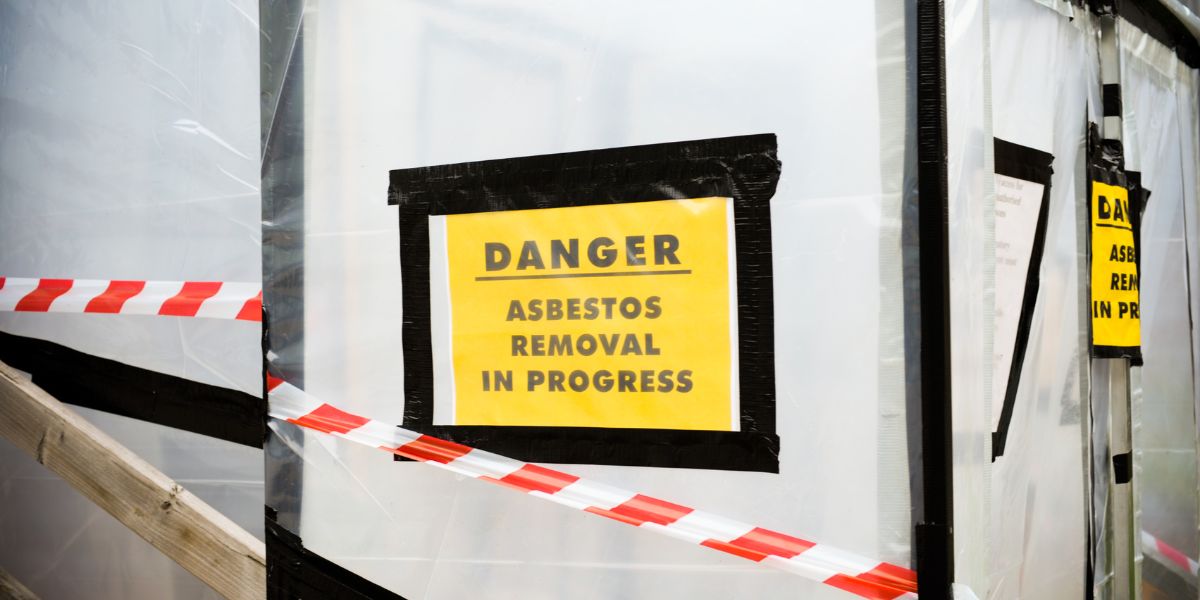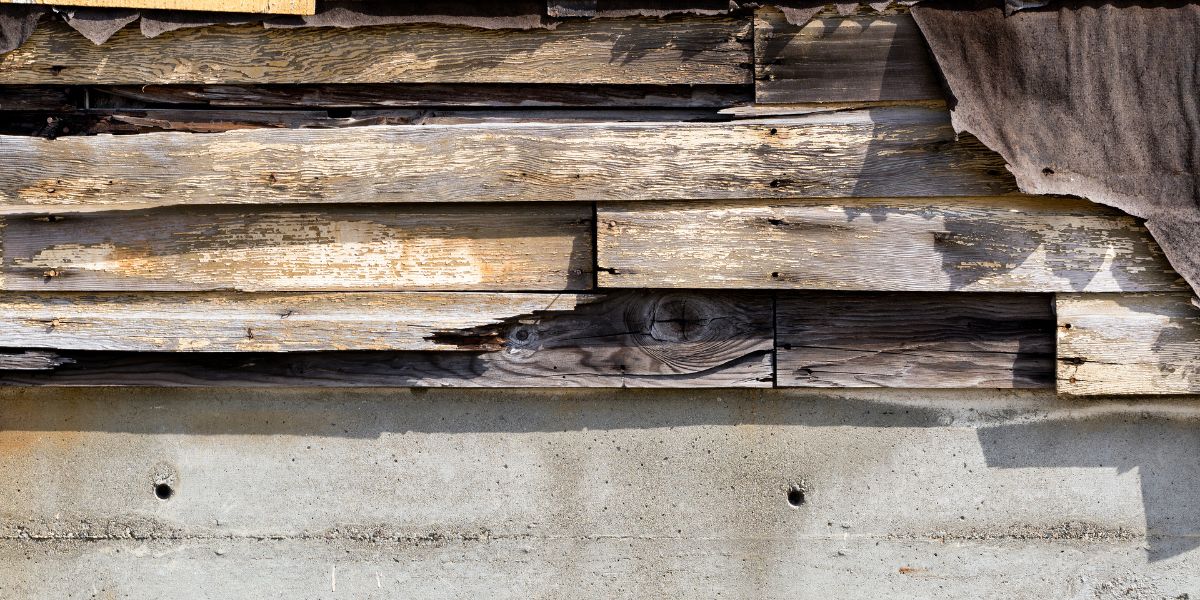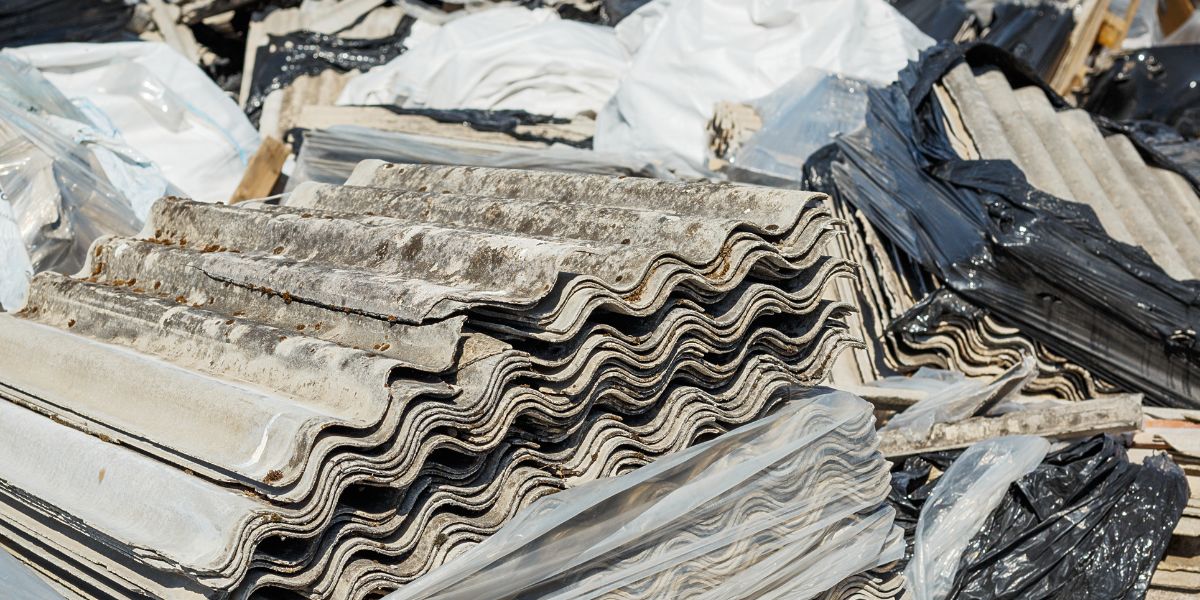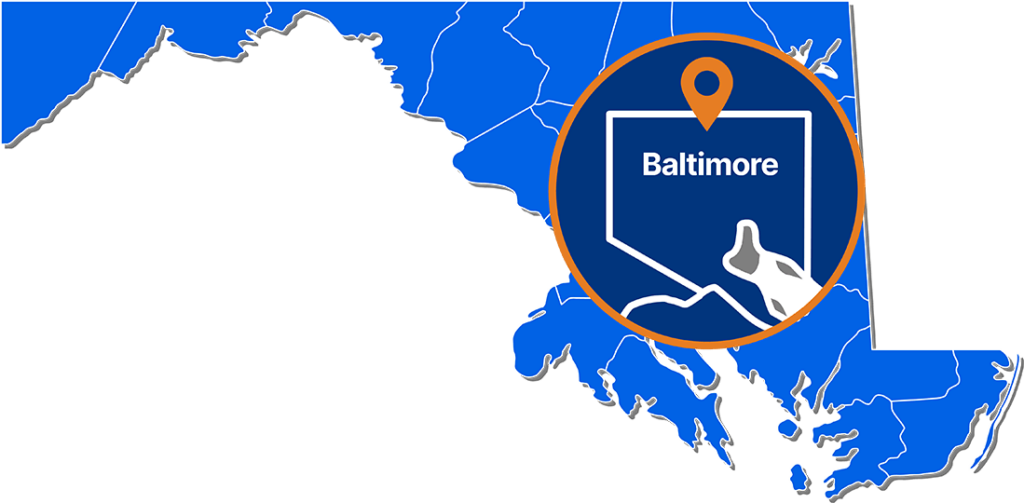Natural disasters such as floods, heavy rain, and storms can cause water to enter a building and cause damage. These types of disasters can cause extensive water damage to homes and businesses, and they can be particularly destructive if they occur suddenly or unexpectedly. Contact a professional water damage restoration company for help.
Floods can occur due to heavy rain, melting snow, or rising water levels in rivers or other bodies of water. Floods can cause water to enter a building through windows, doors, or other openings, and they can also cause structural damage to the building itself.
Heavy rain can cause floods, which can cause extensive water damage to homes and businesses. When heavy rain falls, it can overwhelm the ground’s ability to absorb it, leading to excess water that can accumulate and cause flooding.
Flooding can occur in a variety of ways, including:
- Overland flooding: This occurs when water accumulates on the ground, and it can be caused by heavy rain, melting snow, or rising water levels in rivers or other bodies of water. Overland flooding can cause water to enter a building through windows, doors, or other openings, and it can also cause structural damage to the building itself.
- Flash flooding: This occurs when a large amount of water is released in a short period of time, such as during a flash flood warning. Flash flooding can be particularly dangerous, as it can occur suddenly and with little warning, and it can cause extensive damage in a short amount of time.
- Urban flooding: This occurs when heavy rain falls in an urban area, and it can be caused by a variety of factors, such as poor drainage or overwhelmed sewer systems. Urban flooding can cause water to accumulate on streets and in basements, and it can also cause damage to buildings and infrastructure.
To prevent water damage due to floods, it’s important to take the following steps:
- Seal windows and doors: Properly sealing windows and doors can help prevent water from entering a building during a flood. This can involve installing weatherstripping or sealing gaps around windows and doors with caulk.
- Maintain the roof and gutters: Keeping the roof and gutters in good repair can help prevent water from entering a building during a flood. This can involve cleaning out gutters regularly, inspecting the roof for damage, and repairing or replacing damaged shingles or tiles.
- Elevate valuable items: Elevating valuable items such as electronics and documents to a higher level in the building can help protect them from floodwater.
- Install a sump pump: A sump pump can help prevent water from accumulating in a basement or crawl space by pumping out excess water.
- Have an emergency plan in place: Having an emergency plan in place can help ensure that you and your family know what to do in the event of a flood. This can include having an emergency supply kit on hand and knowing how to safely evacuate the building if necessary.
- Know your flood risk: Familiarizing yourself with your flood risk can help you take the necessary precautions to protect your home or business. This can involve checking local flood maps and purchasing flood insurance.
- Seek the assistance of a professional water damage restoration company if a flood does occur.
If your house floods during a natural disaster, it is important to take immediate action to protect yourself and your family. Here are some steps to take if your house floods during a natural disaster:
- Evacuate if necessary: If the flood is severe or if you are in danger, it may be necessary to evacuate. Follow any evacuation orders from local authorities, and seek shelter at a safe location.
- Shut off the power: If your home is flooded and the electricity is still on, it is important to shut off the power to prevent electrical accidents.
- Avoid floodwater: Do not attempt to walk or drive through floodwater, as it can be contaminated and may contain hidden hazards.
- Contact your insurance company: If your home has been flooded, it is important to contact your insurance company as soon as possible to report the damage and start the claims process.
- Seek the assistance of a professional water damage restoration company: A water damage restoration company can help assess the damage and start the process of drying out and repairing your home.
It is also important to stay informed about the situation and follow any instructions from local authorities. If you are in danger or need assistance, do not hesitate to call for help. In an emergency, you can call 911 or your local emergency services number for assistance. Call the professionals at First & Last Restoration Damage Restoration as soon as the flooding event subsides.


















